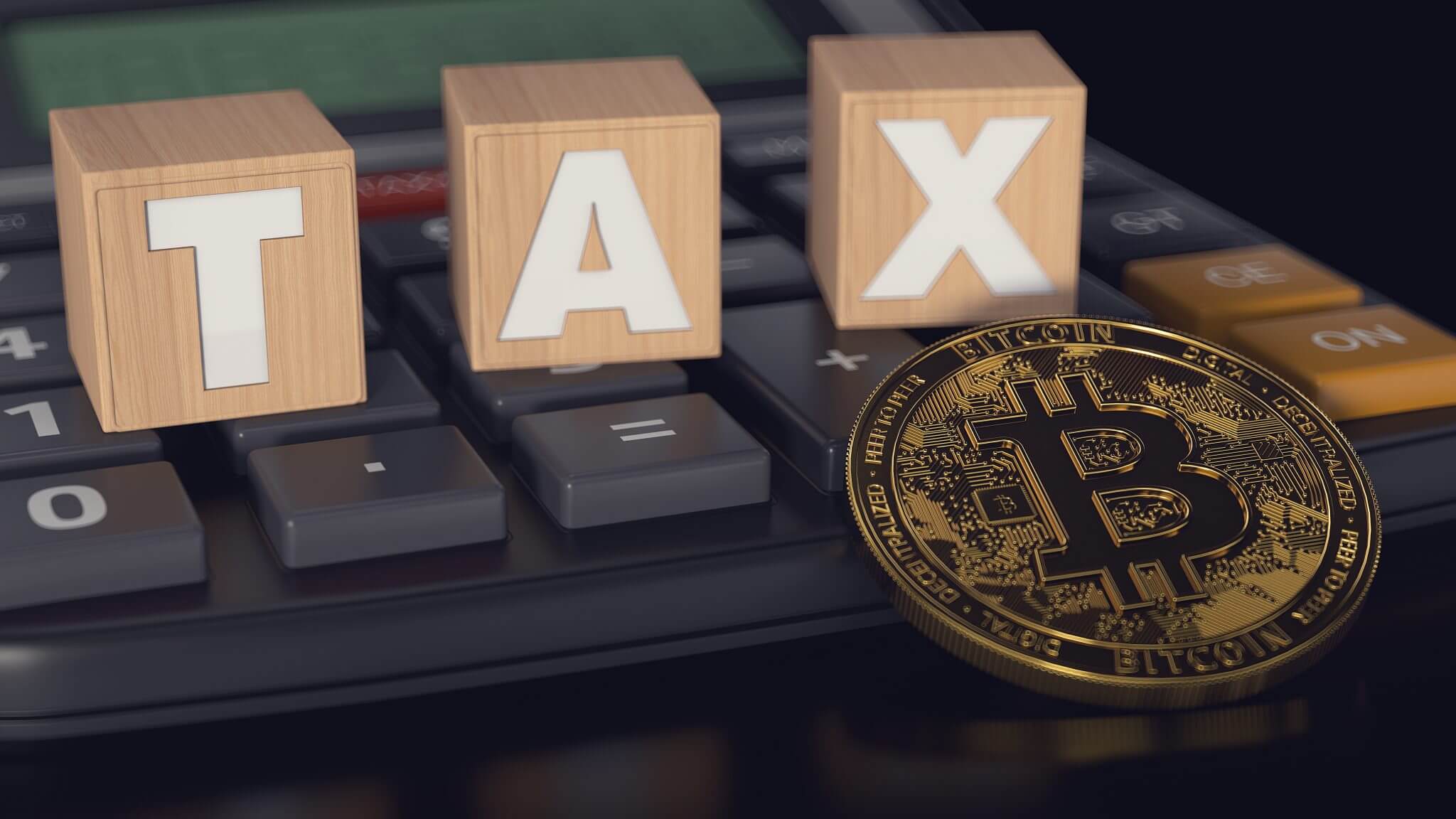The US issues new tax regulations on cryptocurrencies
The Internal Revenue Service (IRS) of the US issued new guidelines on cryptocurrency taxation. The long-awaited document’s title is “Frequently Asked Questions for Virtual Currency Transactions” and, as the name itself suggests, various ambiguities are addressed.
The instructions address forks and airdrops. They state that at the moment of enrollment in the blockchain, Americans need to pay tax on these transactions. As expected, the crypto community had severe criticisms to this new regulations. Specifically, opponents of this approach argue that this may cause taxpayers to increase their tax brackets (and therefore the amount they pay) even without their knowledge or participation.
Did you get a junk airdrop? Pay the tax immediately!
The foreseen danger could arise when someone sends an unforeseen airdrop. Therefore, when receiving the funds, the victim will most likely not notice the transaction until months later. This means by the time they notice the transactions, the tax may be higher than the current value of the obtained cryptocurrency. In other words, one of the unfortunate consequences of these guidelines is that third parties can now change your taxable income. This can be done by simply branching out a network you own or by transferring an unwanted airdrop to you.
There will be a new question in the tax return
In addition to the new guidelines, the IRS also issued an updated form that each taxpayers will use to report their revenue. The tax return now includes a question on cryptocurrencies.
The IRS began sending out a proposal for a new 1040 Form, Appendix 1, Additional Income, and Revenue Adjustments. Tax software companies and journalists received an outline of this form via email. It contains the following question:
“Have you received, sold, sent, exchanged, or otherwise acquired a financial stake in any virtual currency during 2019?”
Conclusion
US citizens, businesses, accountants, and tax counselors can now study the new guidelines that mostly complement those issued five years ago. Importantly, there are answers to some tricky things, such as forks and airdrops. It is interesting that even small payments were not exempt, and the difference between the purchase price of the cryptocurrency and each coffee or beer that the taxpayers buy for them must be taxed.
More about cryptocurrencies right here: https://en.wikipedia.org/wiki/Cryptocurrency.







